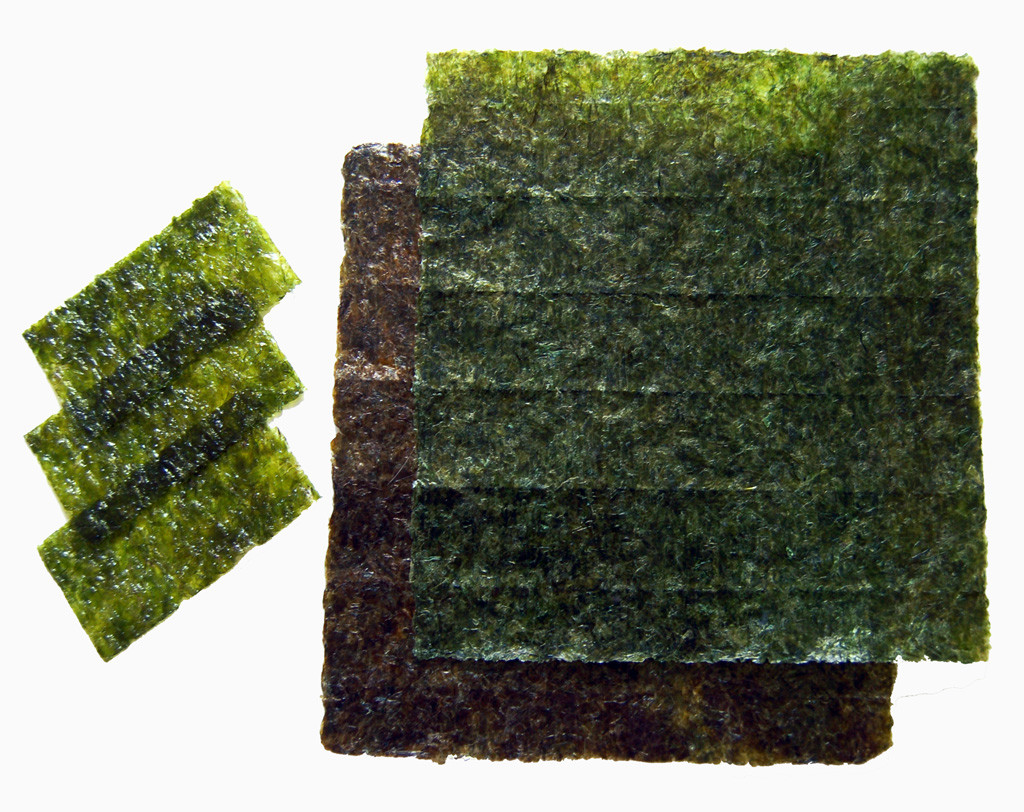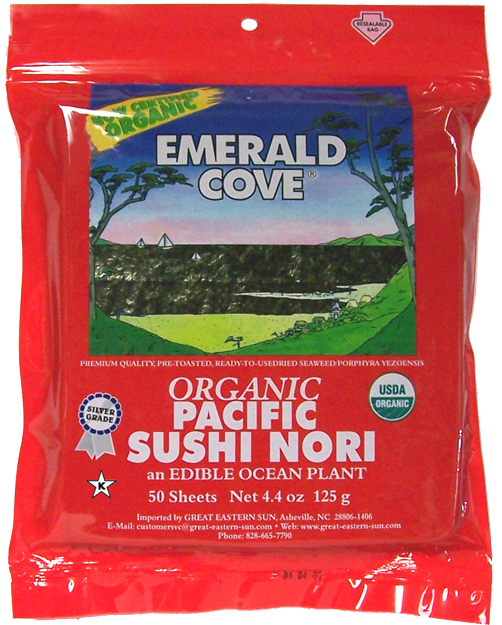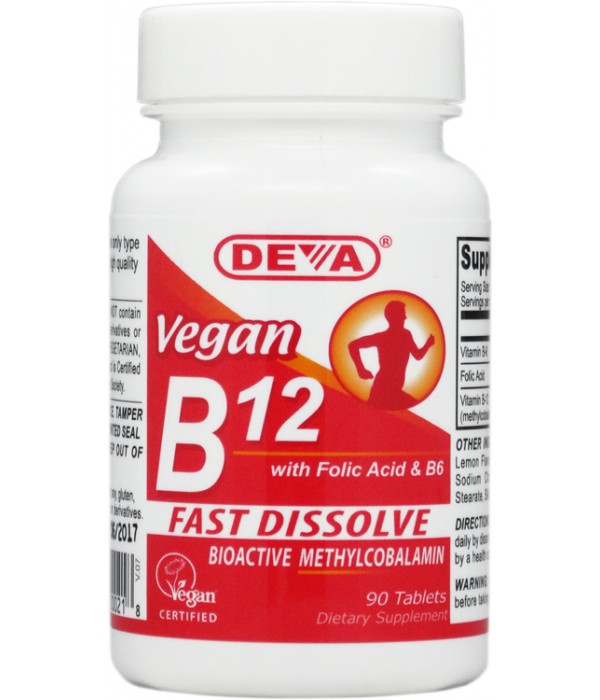Who is Nori? Is she a friend of yours?
Nope, nori is seaweed and I am eating it daily. You will probably best know nori for the seaweed paper that is used when making sushi rolls. Each sheet is approximately 8×8 inches, very thin and transparent, and perfectly crunchy in a delicate way. The green color is like nature’s stained glass window.

Nori is an edible seaweed species of the red algae genus Pyropia and is lightly toasted. I used to be hooked on SeaSnax roasted nori which includes olive oil and sea salt, but the non-recyclable packaging was defeating me and I have also taken measures to reduce oil in my diet. So I broke my SeaSnax habit. I recall when I did consume SeaSnax regularly, plain toasted nori tasted so bland. But now that I no longer eat the oiled and salted roasted nori, plain toasted nori tastes wonderful! Aren’t tastebuds amazing? They adapt to what we eat. Something that tasted boring last month can taste phenomenal this month!

I purchase and eat the Emerald Cove organic Pacific sushi nori sheets which is organic toasted Porphyra yezoensis. I used to purchase the 10 sheet package but that didn’t last long, so now I purchase the 50 sheet package. I might eat 10 sheets at a sitting. Sometimes I just bite into the big sheet, other times I tear the sheet into small mouth-size squares. It’s as satisfying as eating potato chips…without the oil, salt, or calories. One sheet of nori carries only 10 calories, none of which are from fat.

While seaweed has by far the highest proportion of iodine by weight of any food, Pyropia yezoensis has less than any other type of seaweed; it is nonetheless an excellent source of iodine. Recent studies have shown that Pyropia yezoensis contains a significant amount of bioactive vitamin B12. (source) Even so, I still choose to supplement B12 daily. This is the brand I prefer.

Great Eastern Sun, the Asheville, NC, based distributor of Emerald Cove nori, has joined forces with the Japanese-Chinese company cultivating certified organic nori (Porphyra yezoensis) in the coastal waters off China to bring you better taste and higher quality at a lower cost with the guarantee of purity that only organic certification can bring.
The Japanese partner is a long-established nori producer with more than 100 years experience growing and processing nori. Emerald Cove Organic Toasted Sushi Nori is cultivated from certified organic nori spores gathered from the previous year’s crop. The young plants are nurtured in protected aquatic beds free from pollutants until they are strong enough to be transferred to nets in shallow ocean waters. We never treat these nets with herbicides, pesticides, or fungicides, but instead remove invading pests by hand. (source)
Dr. Michael Greger of NutritionFacts.org has positive facts to share about the consumption of nori:
• With a few caveats, the best source of iodine is sea vegetables.
Since I don’t consume iodine-containing animal-based foods nor iodized salt, nori is my primary source of dietary iodine.
Iodine is an essential trace element for life, the heaviest element commonly needed by living organisms. Iodine’s main role in animal biology is as a constituent of the thyroid hormones thyroxine (T4) and triiodothyronine (T3). The thyroid gland needs no more than 70 μg/day to synthesize the requisite daily amounts of T4 and T3. The higher recommended daily allowance levels of iodine seem necessary for optimal function of a number of body systems, including lactating breast, gastric mucosa, salivary glands, brain cells, choroid plexus, oral mucosa, and arterial walls. (source)
The average weight of roasted Nori seaweed is approximately 2.75 grams. Thus, 1 sheet of roasted Nori seaweed contains approximately 57.75 mcg of Iodine. (source)
There is an acute toxicity that can occur from excessive iodine intake that leads to mouth pain, nausea, and vomiting. This almost never occurs from dietary iodine alone, and if it did, it would require that another serious medical condition (e.g., kidney failure) be present.
The Tolerable Upper Intake Limit (UL) of 1,100 mcg / day is set by the National Academy of Sciences in its Dietary Reference Intakes (DRIs) to prevent more chronic and subtle health problems related to iodine overconsumption. (source) (source)
If I eat 10 sheets of toasted nori per day, I will intake approximately 577.5 mcg of iodine daily which falls well within the limits of safety.
Do you eat toasted or roasted nori? Would you be willing to try toasted nori? Let me know your thoughts and experiences in the comment section below.
Additional Resources
• 6 Health-Preserving Reasons to Stop Consuming Oil
• The Best Food Sources for All the Vitamins You Need (more about B12)

{ 7 comments… read them below or add one }
Is the Emerald Cove nori packaging recyclable?
I place it with my other plastic bag/packaging and put it in the plastic grocery bag recycling bin at the grocery store.
Thank you for a very informative article! I was looking for the daily iodine intake and found this information here. Exactly what I needed!
Glad this helped! Thank you for reading and commenting Nataliya.
I see the package of 50 sheets is $92 on Amazon! Wow! Is that what you pay? Where do you buy your nori? I do enjoy eating the sheets just the way they are and also enjoy making sushi. Thank you for your response. 🙂
This is what I buy on Amazon: https://www.amazon.com/gp/product/B00I01ZXYE/ref=ppx_yo_dt_b_asin_title_o03_s00?ie=UTF8&psc=1
50 sheets • organic • $13.95
Thanks for the information.
I eat a mostly raw vegan diet and like the untoasted kind. FYI these are two choices for that option, rachel
https://www.amazon.com/SeaSnax-Organic-Seaweed-Sheets-Count/dp/B07NQRZQP9/ref=sr_1_10?crid=28355U9H7CG7P&dchild=1&keywords=raw+nori+sheets+organic&qid=1632149225&s=grocery&sprefix=raw+nori+sheets%2Cgrocery%2C205&sr=1-10
https://www.amazon.com/Raw-Organic-Nori-Sheets-Pack/dp/B008ZRYXAI/ref=sr_1_4?crid=28355U9H7CG7P&dchild=1&keywords=raw+nori+sheets+organic&qid=1632149060&s=grocery&sprefix=raw+nori+sheets%2Cgrocery%2C205&sr=1-4